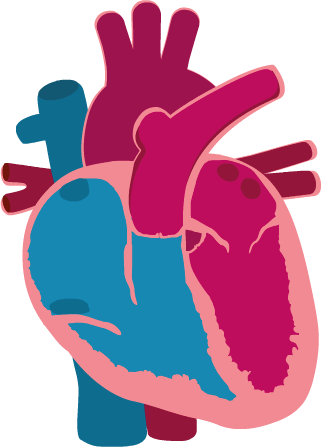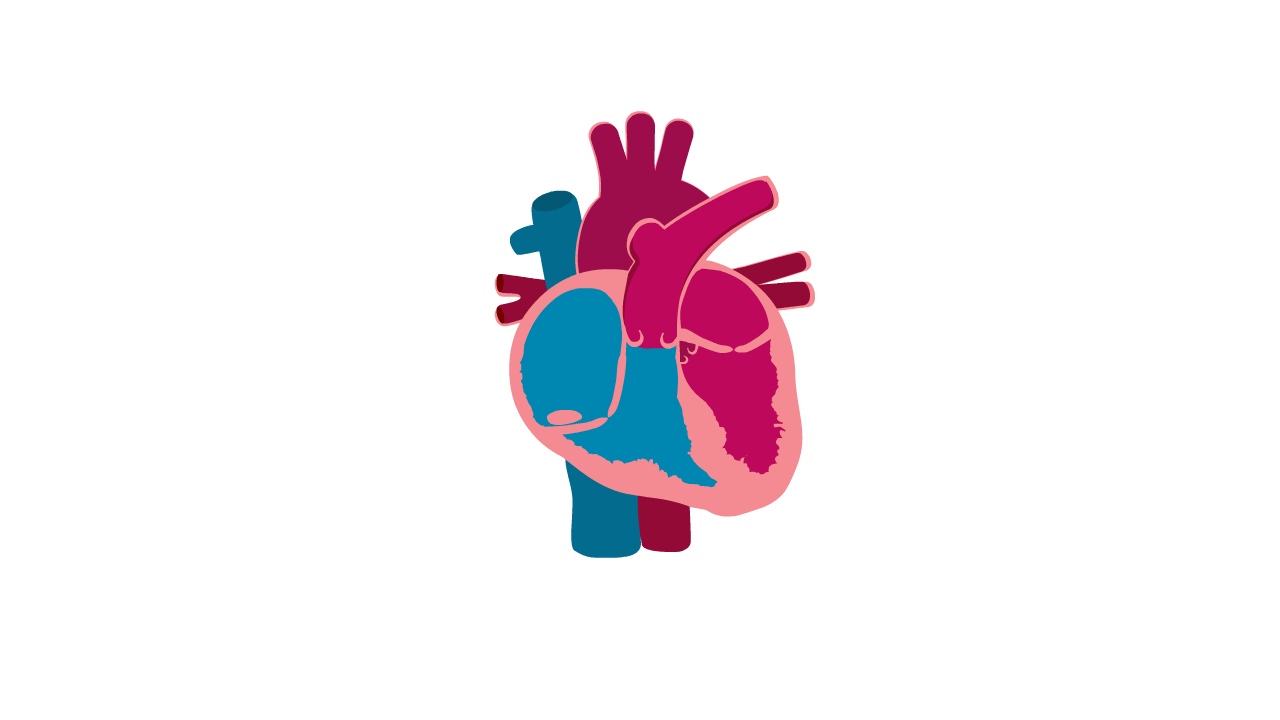
What is Peripartum cardiomyopathy (PPCM)?
- PPCM is a rare type of heart muscle disease which occurs during the last part of, or in the first few months after, pregnancy.
- The heart becomes enlarged and weakened, and less able to pump blood than normal.
- PPCM can be a serious condition, but around 70% of women recover by 1-year following diagnosis.
Although the symptoms of PPCM are clear, they are also similar to other symptoms that can also happen in pregnancy. It is important be aware of any symptoms that are worse than what would normally be expected during pregnancy, or if they get worse over time.
PPCM usually causes heart failure. This happens because the heart isn’t working as well as it should and fails to pump enough blood to meet the body’s needs.
The symptoms of heart failure can include:
- Breathlessness, especially when resting or lying down
- A cough
- Water retention (causing swelling in the ankles and tummy)
- Abnormal heart rhythms (especially an abnormally fast heart rate)
When the potential symptoms of PPCM are seen, the woman should be urgently referred to a cardiologist for investigation. There are several tests that might be done to diagnose PPCM. These tests are used to check how well the heart is working, and whether the symptoms experienced are due to the pregnancy, to other conditions, or due to cardiomyopathy.
- A medical history – to look at possible causes for any symptoms, such as an existing heart condition.
- A physical exam – this might include seeing whether breathing becomes more difficult when lying flat and whether there is discomfort in the chest and any coughing.
- Blood tests – to check how the kidney, liver and thyroid are working, to check for hormones which may indicate the heart is under stress.
Treatment focuses on managing the symptoms of heart failure, and will be individualised to the symptoms the woman is experiencing, as well as the stage of pregnancy. Medication may include:
- Water tablets (diuretics) - to reduce the build-up of any fluid and get rid of water as urine.
- Beta-blockers - to reduce the rate and force of the heart’s contraction.
- ACE inhibitors - making it easier for the heart to work.
The heart at work

Support for PPCM
We have an online support group for people with a diagnosis of PPCM and their loved ones. The group is hosted by our volunteer, Rebecca, and Cardiomyopathy UK Specialist Nurse Jayne